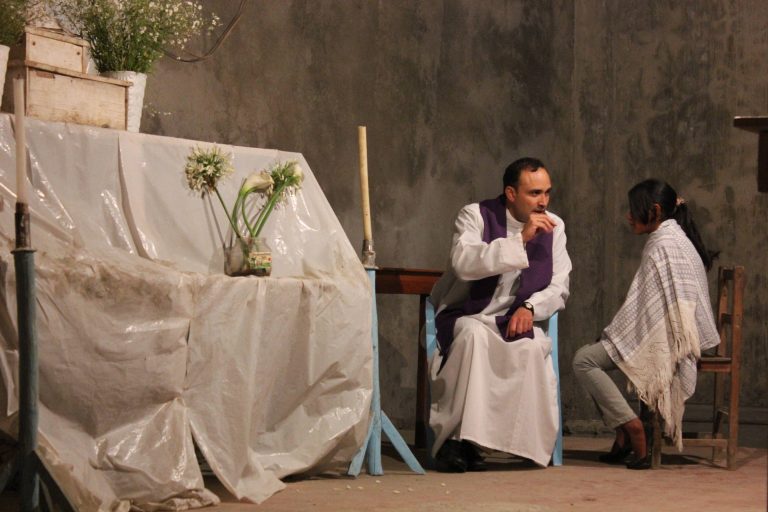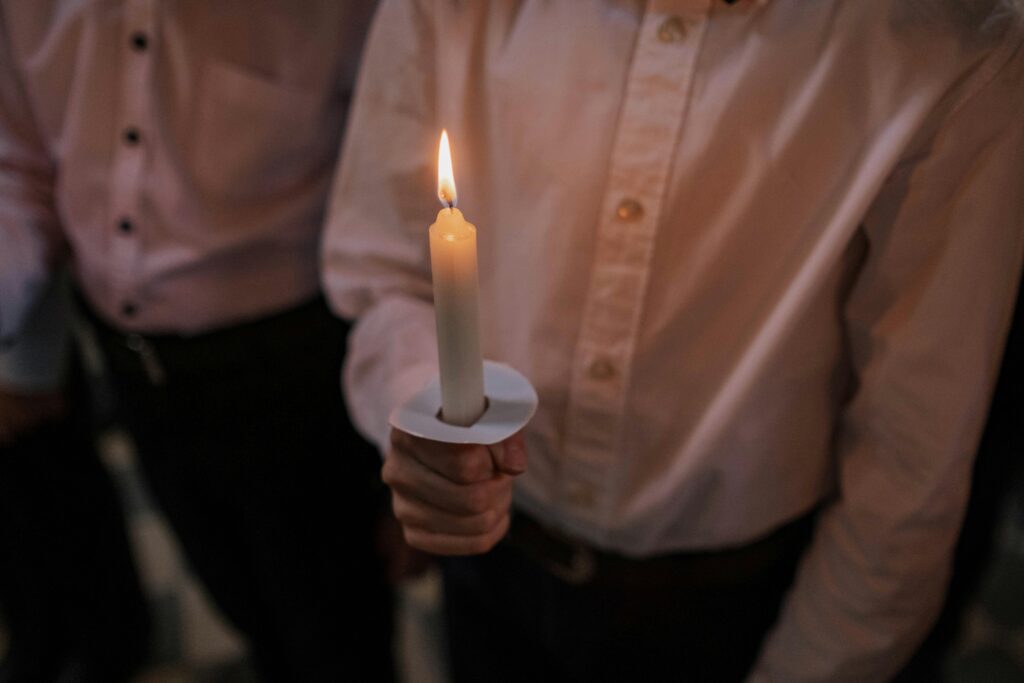Theology for Millennials: Rediscover Confession
The Sacrament of Penance

In “Theology for Millennials,” Mexican priest Mario Arroyo Martinez shares with Exaudi readers his article entitled “Rediscover Confession.”
* * *
Rediscover Confession
“My daughter went to Confession when she was 14 years old; she felt reprimanded and never wanted to approach the Sacrament again. What can I do? Are the doors of grace closed to her? Sadly, it’s a fact that happens rather frequently; not rarely people have come to Confession to me who hadn’t been for 10, 20, 30, or even 40 years to the Sacrament of Penance for that reason.
The responsibility we priests have in this regard is tremendous; we must be bridges, facilitators of grace, and not walls. However, it’s not always easy; sensibilities are very different. I have also had to regret cases of people who no longer come to Confession with me, although, happily, they do go to other priests.
Sometimes it’s mothers and fathers of families that lament their child’s abandoning Confession for some disagreement with a priest. However, we must not forget a series of basic premises, which fill us with hope.
The first thing is to know that, before being their children, they are God’s. If their children pain them by distancing themselves from God, God is even more so. If they give their children the means to return to the faith, God does not cease to seek them, wanting to pour all His mercy on them.
In the second place, it’s good to know that God’s hands aren’t tied when He acts in the Sacraments. We know with certainty that He acts through them, but He can do so perfectly in other ways. I think that individuals who have been traumatized, in some way, in the reception of a Sacrament and no longer frequent it, will be sought by God in other ways.
I have heard that on occasions an artery is blocked and secondary blood vessels take over to allow the circulation of blood. Analogously, when “Confession is blocked,” channels of grace can be diversified, to achieve a similar objective: so that the person doesn’t lose his closeness to God.
Therefore, if someone is reluctant to go to Confession, he can be encouraged to attend Holy Mass, to read the Word of God, to engage in voluntary work, to show mercy, and to pray the Rosary. Thus an alternative communication with God is established.
It’s certainly not the best way, as one is deprived of the highest degree of intimacy with the Creator that one can have in one’s mortal flesh, namely, to receive the Eucharist. . However, it cannot be said that one, who engages in the alternative practices mentioned above, is far from God.
It is imperative and urgent to carry out appropriate marketing of the Sacrament of Penance. It’s necessary to make truth kind, not odious, and sometimes Confession has a bad billboard. Instead, as Saint Josemaria Escriva de Balaguer suggests, we should live it as “the Sacrament of Joy.” Why? Because one shouldn’t carry the whole burden of errors, failures, and sins that one accumulates in life.
One can put them in God’s merciful hands through the Sacrament and it’s as if they had never existed. It’s an experience akin to a constant being born again, having an erasure and new account that, in the end, stimulates one to fight with new zest to offer a better version of oneself.
The key is not to put the accent on guilt and shame, but on God’s joy in forgiving us. God loves to forgive; this is a basic premise we must never forget. It’s true that we don’t like to fall, but often we can only accept with humility our limitation, by putting the magnifying glass on God’s magnanimity.
To transmit a kind idea of Confession implies transmitting a proper image of God. God is a Merciful Father, not a maniacal collector of an immaculate sheet of services.
God is not an accountant with two columns of debits and credits, but a passionate lover of man who has created the Sacrament of Reconciliation so that His children can have peace and joy. It’s necessary for us to understand and to transmit this mystery properly. On this depends the possibility that many people may benefit from divine goodness and remove the onerous burdens of their conscience.
Translation by Virginia M. Forrester
 (EN)
(EN)
 (ES)
(ES)
 (IT)
(IT)





